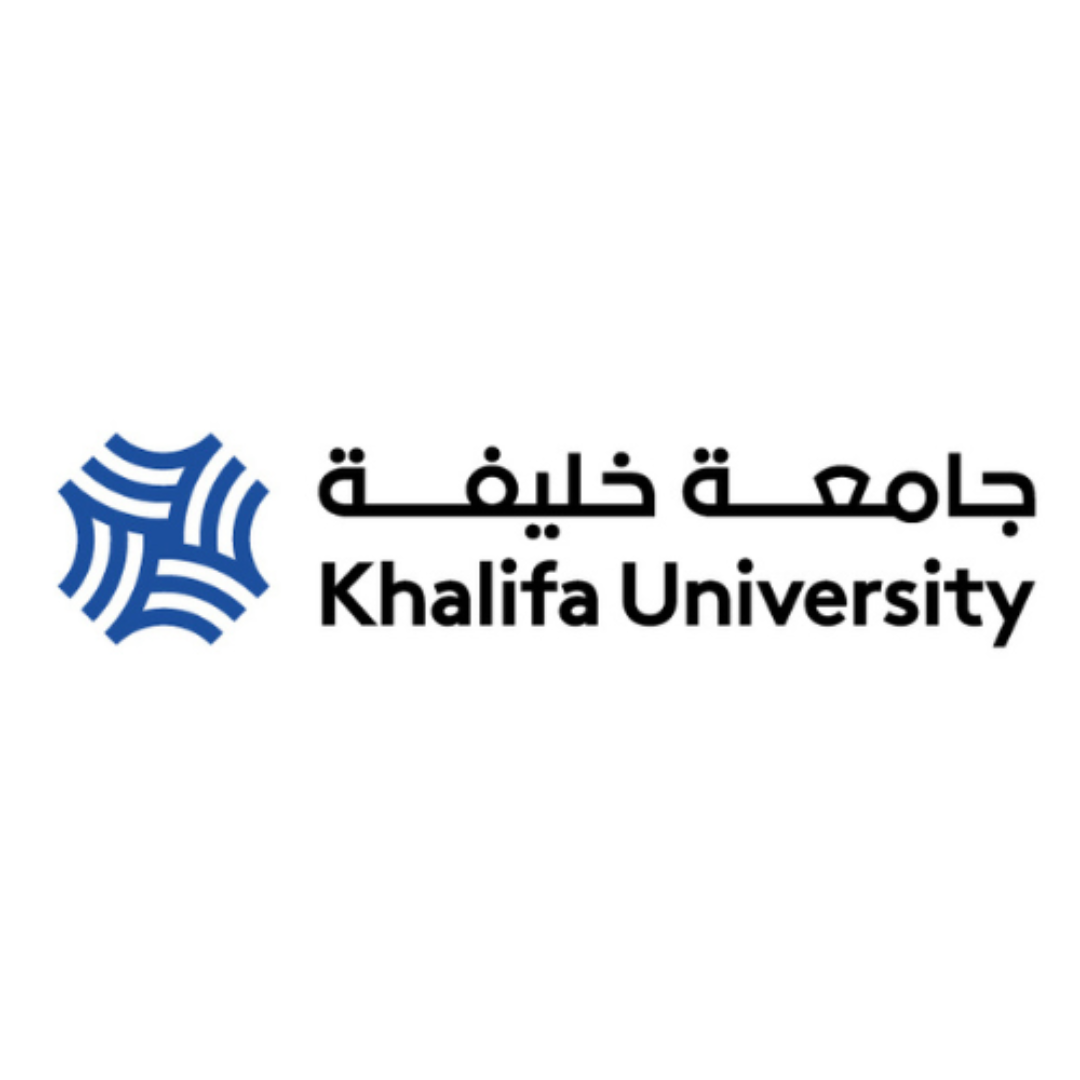📖Program Curriculum
YEAR 1 (level 4)
You will develop an understanding of the fundamental concepts principles and theories in engineering. Acquire basic mathematic skills related to engineering and design problems. Use CAD for engineering design. Competence of working safely in engineering laboratories and workshops and being able to conduct laboratory procedures measurement and workshop practices under the guidance of a tutor.
MODULES
Introduction to Electrical & Mechanical Engineering Science
CAD and Production Science
Materials and Environment
Engineering Mathematics
Engineering Professional Development
Modern Aircraft Technology
YEAR 2 (level 5)
MODULES
You will build on the knowledge concepts and skills acquired at level 4 in addition to more specialist knowledge skills in engineering design and analysis. More in depth in theories in mechanics thermodynamics propulsion flight dynamics avionics control systems structures and finite element analysis etc. Develop understanding in business and research methods.
Engineering Futures – Research Ethics and Sustainability
Thermo-Fluid and Propulsion
Further Engineering Mathematics
Computer Aided Manufacturing
Mechanics Structures & FEA
Flight Mechanics Avionics and Control
YEAR 3 (Industry Placement)
This module aims to provide you with the opportunity to gain valuable experience of the engineering-related workplace via first-hand experience. It will allow you to undertake a sustained period embedded with a host employer to work on one or more defined projects or goals. You will be expected to find and secure a suitable placement opportunity. The Industrial Placement will normally take place during the normal academic as if over the two normal University semesters. As such its duration should normally be in the region of 20-40 weeks dependent on working hours.
YEAR 4 (level 6)
You will acquire a critical understanding and application of the high-level concepts principles and theories in engineering as well as a critical understanding and explanation of advanced topics in structural vibration aircraft design and flight stability and aerodynamics. Use knowledge and skills acquired to do an individual project.
MODULES
Project (Honours)
Mechanical Engineering Modelling & Simulation
Aerodynamics
Aircraft Design & Flight Stability
Advanced Structures and Vibrations (optional)
Professional Engineering (optional)
The information listed in this section is an overview of the academic content of the programme that will take the form of either core or option modules. Modules are designated as core or option in accordance with professional body requirements and internal academic framework review so may be subject to change.
Show less
Show more















